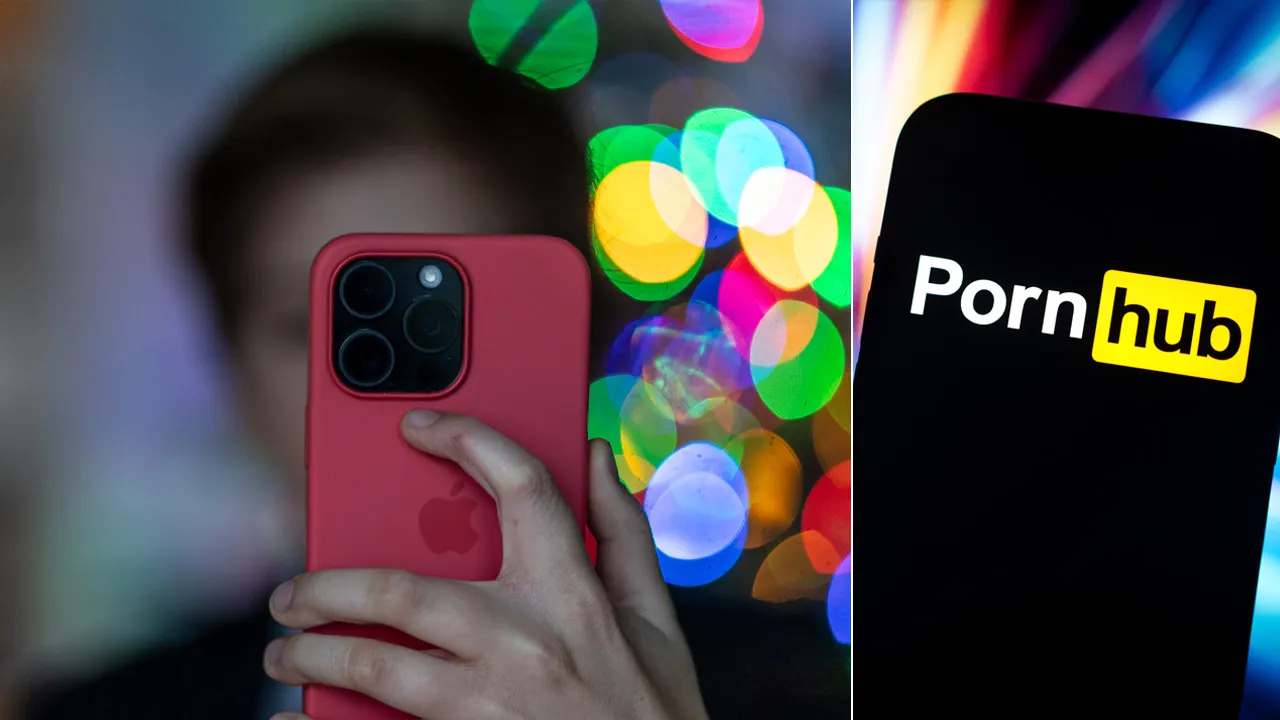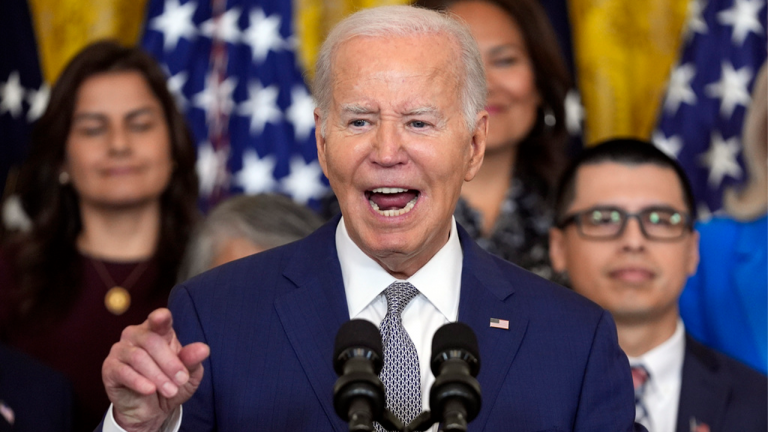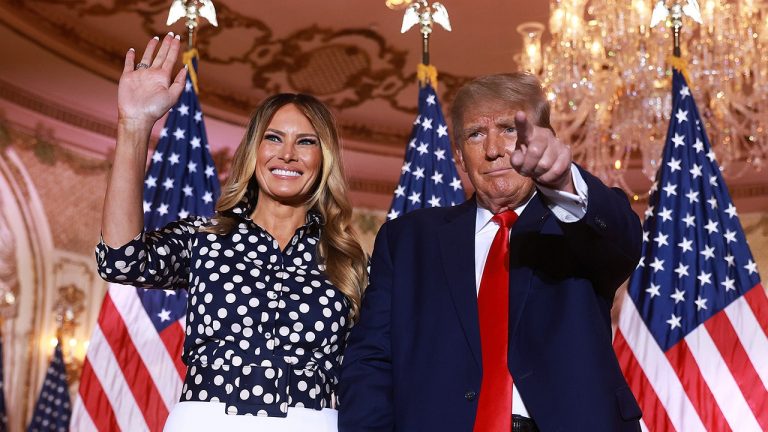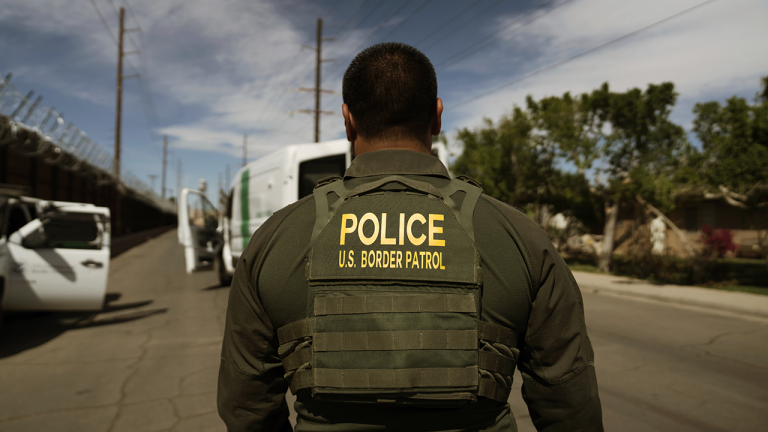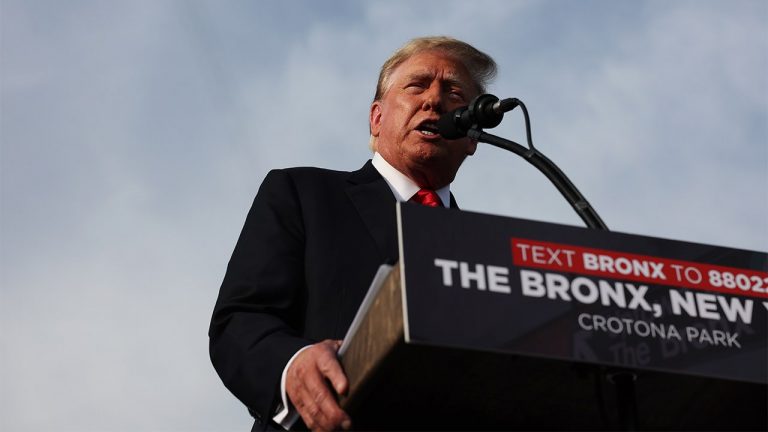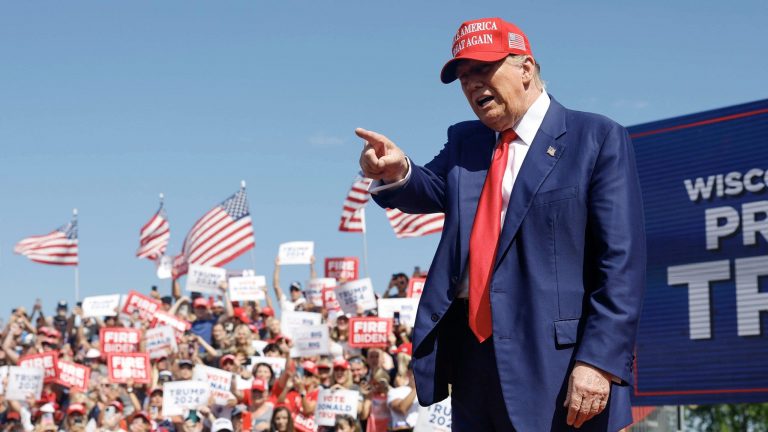Some states are passing laws to protect children from online porn as activists work towards a national solution.
The Push for Age Verification Laws to Protect Children From Online Pornography
The ongoing legislative push to require all pornography websites to adopt age verification technology to protect children from being exposed to explicit content online is gaining momentum in more than a dozen states across the United States. Seventeen states have already enacted verification laws, including Alabama and Georgia, whose governors signed the porn ID laws last week.
“It needs to go national, and that’s the only way it makes sense because, you know, it’s a lot easier, and kids in America should be protected everywhere. You know, just because you live in California, doesn’t mean that your kid should be able to access this stuff,” expressed a supporter of the age verification laws.
One of the key figures spearheading this effort is Senator Mike Lee, R-Utah, who introduced the Shielding Children’s Retinas from Egregious Exposure on the Net (SCREEN) Act last year. This proposed legislation would direct the Federal Communications Commission (FCC) to create a rule requiring certain websites to adopt age verification technology, thereby establishing a “more likely than not” standard for verification. The act has the support of various legislators and advocates, including those working in cooperation with Lee, such as Schilling.
Pornography is a complex issue, especially in an age where children are spending more time online than ever before. The psychological effects of exposure to explicit content on minors have been a cause for concern, with studies showing links to anxiety, addiction, low self-esteem, body-image disorders, earlier engagement in risky sexual behavior, and an increase in problematic sexual activity among young individuals.
According to Schilling, the situation is exacerbated by the evolving nature of explicit content, with some adult websites even featuring material involving cartoon characters that blur the lines between what is deemed appropriate for minors. He likened this phenomenon to tactics employed by tobacco companies which target minors with appealing flavors.
“There’s been this lie that we’ve kind of adopted as Americans, and it’s just an over-focus on individualism,” Schilling stated. “When little kids are getting access to porn, it changes them. It’s unsafe. I think that Pornhub having got caught hosting sex trafficking videos, and even child pornography on their site, all of this is at the forefront more.”
Despite some successes at the state level, challenges remain for proponents of age verification laws on a national scale. Past attempts by Congress to regulate children’s access to online pornography have faced legal hurdles, with the Supreme Court invalidating many bills due to their failure to meet First Amendment standards. However, Schilling remains optimistic, citing successful testimonies in various states asserting that “obscenity is not protected under the First Amendment,” potentially paving the way for a comprehensive national law in the future.
As the debate on online pornography and child protection continues, the need for effective measures to safeguard minors from explicit content remains a pressing issue. The efforts to implement age verification laws represent a critical step towards creating a safer online environment for children across the United States.


